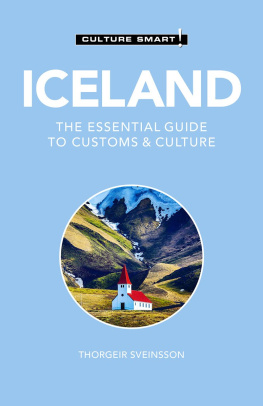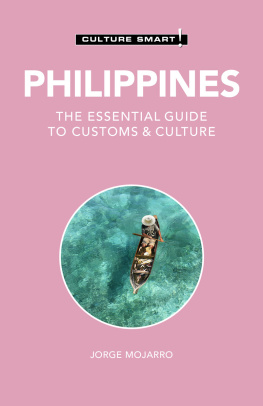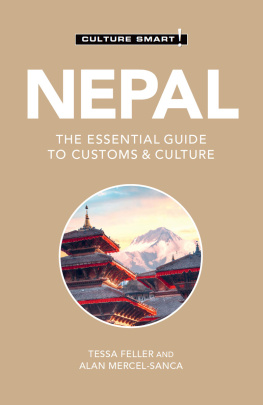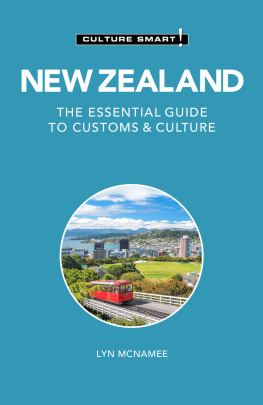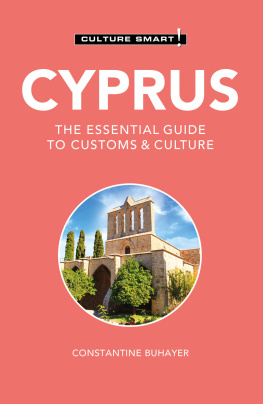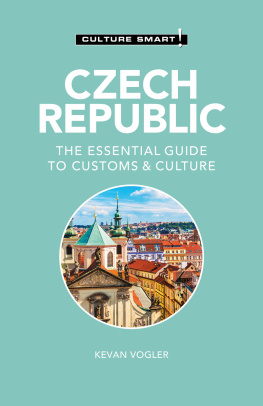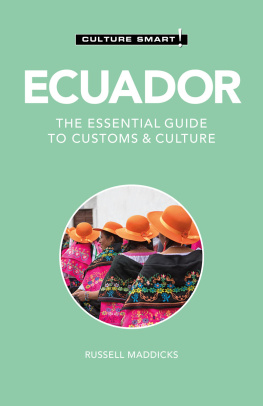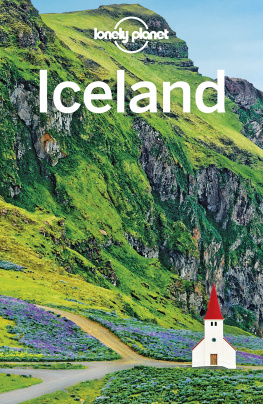
The real voyage of discovery consists not in seeking new landscapes, but in having new eyes.
Adapted from Marcel Proust, Remembrance of Things Past.
ISBN 978 1 78702 904 0
British Library Cataloguing in Publication Data
A CIP catalogue entry for this book is available from the British Library
First published in Great Britain
by Kuperard, an imprint of Bravo Ltd
59 Hutton Grove, London N12 8DS
Tel: +44 (0) 20 8446 2440
www.culturesmart.co.uk
Inquiries:
Design Bobby Birchall
Printed in Turkey
The Culture Smart! series is continuing to expand. All Culture Smart! guides are available as e-books, and many as audio books. For further information and latest titles visit www.culturesmart.co.uk
ABOUT THE AUTHOR
THORGEIR FREYR SVEINSSON is a native Icelander hailing from the northwestern settlement of Skagafjrur. He holds a Cand.theol. in Theology from the University of Iceland, and a Masters in Management from Birkbeck College, University of London. Like a true Norseman, Thorgeir has laid anchor in Norway, Finland, and the United Kingdom and is well practiced in the art of navigating new cultures. A keen angler and soccer fan, for a time he ran a guesthouse with his wife in Selfoss, southern Iceland. Today he and his wife live in Reykjavik, where he works as a project manager at the University of Iceland.
COVID-19
The coronavirus pandemic of 2020 affected millions of people around the world, causing unprecedented social and economic disruption. As the impact of this global crisis continues to unfold, in many countries social norms are being challenged, and enduring changes will be reflected in future editions of Culture Smart! titles.
CONTENTS
Useful Phrases
MAP OF ICELAND

INTRODUCTION
Iceland has erupted onto the travel scene in recent years. With striking views of bubbling turquoise geysers set among rugged snowy peaks, black sand beaches, crashing glacial waterfalls, and the ethereal majesty of the northern lights, one can only wonder what took it so long. But what of the people who call this remote North Atlantic island home? Behind a stoic veneer lies a proud, industrious, and egalitarian people, whose straightforwardness and ability to wing it have seen them thrive in this beautiful but unforgiving environment.
The first settlers to arrive in the ninth century were Vikings fleeing the King of Norway who sought to bring them under his rule. Despite the harsh terrain and extreme isolation of their refuge, these anti-authoritarian Norsemen succeeded in settling the island. The society that developed there counts itself today among the most affluent and progressive in the world. Fresh spring water flows from the faucets of every home, while the countrys abundant geothermal stores provide heating and hot water for all.
Icelanders are highly educated, most own their own homes, crime rates are close to nonexistent, and a comprehensive welfare system stands ready to support those who may fall on hard times. How was this achieved, and what kind of philosophical armory was forged in the long winters that have enabled them not just to survive, but to thrive?
Central to the Icelandic way of life is the concept of thetta reddast. Translated roughly, it means everything will work out fine, and reflects the basic optimism that pervades everything an Icelander does, even if this isnt necessarily accompanied by a smile. Thetta reddast promotes a readiness and flexibility of response in the face of lifes challenges, and it has proved its worth in countless situations, from volcanic eruptions to economic crashes. This attitude has its downsides too, though; an aversion to forward planning can mean having to deal with problems that could otherwise have been foreseen and avoided.
The stubborn self-reliance of their forebears, too, has served them well, as has the supreme value given to independence, kept alive despite centuries of foreign rule. It explains why children are given responsibilities from an early age, why workplace seniority buys little in the way of deference, and why the country has repeatedly refused to join the European Union. Instead, authority is treated with a mixture of suspicion and derision.
Culture Smart! Iceland will equip you with a deeper understanding of your hosts and their complexities, as well as with vital insights to turn your visit into a more enriching experience. Throughout the book place names have been written in Icelandic so that they can be more easily identified on local roadsigns and maps. A guide to the pronunciation of Icelandics Old Norse letters is given on .
KEY FACTS
Official Name | Iceland | sland |
Population | Iceland 360,000. | Most sparsely populated country in Europe. Around 80% of the country remains uninhabited |
Area | 40,000 square miles (103,000 square kilometers). | Comparable in size to the state of Tennessee. |
Capital City | Reykjavik (Reykjavk). Population 131,000 | Translates as Bay of Smokes in Old Norse. |
Other Main Towns | Akureyri in the northeast, Arborg in the south, Fjardabyggd in the east. | Reykjavik capital region includes towns of Kopavogur, Hafnarfjordur, and Gardabaer. |
Terrain | Mountain peaks and fertile lowlands. 11% of Iceland is covered by glaciers. Approximately 130 volcanoes, many buried deep below glacial ice. | Located atop the Mid-Atlantic Ridge, Iceland is growing at the rate of 5 cm per year as the Eurasian and North American tectonic plates shift apart. |
Climate | Temperate. Long winters and short summers. Snow fall can be expected from October to April. | Gulf Stream maintains mild temperatures year round. Weather is extremely changeable. |
Currency | Icelandic krona (crown) | ISK |
Language | Icelandic. Most are also fluent in English and one or more of the other Nordic languages. |
Ethnic Makeup | North Germanic. Most Icelanders descend from early Norwegian settlers as well as slaves taken from Scotland and Ireland. |
Life Expectancy | Total population: 83; Male: 81; Female: 85 |
Age Structure | 0-14 years: 20.31%; 15-24 years: 12.85%; 25-54 years: 39.44%; 55-64 years: 11.94%; 65 years and over: 15.47% |
Religion | Lutheran Church of Iceland 63.4%, Other non-Catholic Churches 7.4%, Roman Catholic 4.2% | Asatru 1.31%, other and unspecified 14.3%, unaffiliated 7.17% |
Government | Parliament is called The Althing; a unicameral legislature. Multi-party majority rule system with elections held every 4 years. | Elections have been more frequent In recent years, due to political unrest following the economic crash of 2008. |
Economy | Combination of capitalist and free-market economy with comprehensive welfare system. | Main exports include fish products, tourism, aluminum, as well as software, silicone, and woolen goods. |

